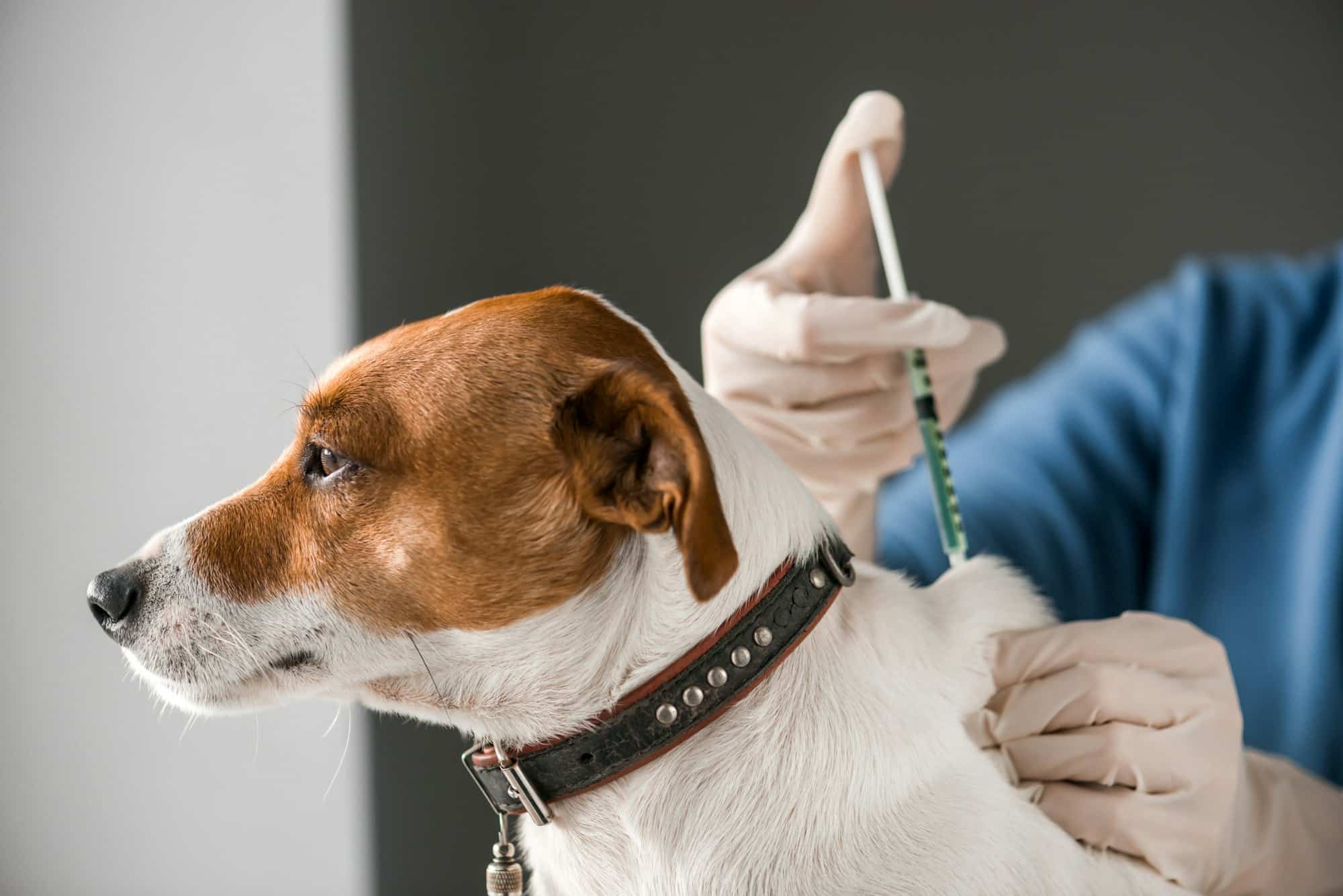How to Properly Size Injectors for a Fuel-Efficient Tuned VW Passat TDI?

Getting the best out of your VW Passat TDI engine starts with understanding how the fuel injection system works and, subsequently, sizing the injectors appropriately. Fuel injectors play an integral role in the running of your car. They are responsible for the precise delivery of the fuel into the engine at the right time and pressure. This ensures optimal power, performance, and fuel efficiency.
Understanding The Basics of Fuel Injection Systems
Fuel injectors are a crucial part of your car’s fuel injection system. This system is designed to inject precise amounts of fuel into your engine’s intake manifold or cylinders, depending on whether it’s a direct injection or port injection system. The objective is to mix the fuel with air to create a highly combustible mixture that powers the engine.
Cela peut vous intéresser : Can You Implement a Dual Battery Setup in a Jeep Wrangler JK for Off-Roading?
Fuel injectors are located in the fuel rail and are controlled by the Engine Control Unit (ECU). The ECU determines the right amount of fuel to inject, the timing of injection, and the pressure at which the fuel should be delivered. All these factors significantly influence the performance and fuel efficiency of the car.
The size of the injector is paramount in the functioning of the fuel injection system. An injector that is too small will not supply enough fuel to the engine, leading to low power output, poor acceleration, and increased engine strain. On the other hand, an overly large injector will supply too much fuel, leading to wastage, poor fuel efficiency, and potential damage to the engine.
A lire également : Why install a security lock ?
Role of the Injector Size in a TDI Engine
In a Turbocharged Direct Injection (TDI) engine like the one in your VW Passat, the size of the fuel injectors is particularly critical. It directly impacts the power output, fuel efficiency, and overall performance of your car.
A TDI engine uses high pressure to inject fuel directly into the combustion chamber. This strategy produces a high-power output and good fuel efficiency, but it also places a lot of demand on the injectors. They need to withstand the high pressure, precisely control the fuel flow and maintain the right timing for efficient combustion.
When tuning your TDI engine for better performance, you’ll need to consider the size of your fuel injectors. Larger injectors will allow more fuel to be delivered in a shorter time, increasing the power output. However, this could also lead to a higher fuel consumption, reducing the fuel efficiency of your car.
Conversely, smaller injectors will deliver less fuel, conserving your fuel usage but potentially decreasing the amount of power your engine can produce. Therefore, it’s a delicate balance to strike.
Sizing Your Injectors Correctly
The size of the fuel injectors you choose for your VW Passat TDI will largely depend on your driving habits, performance expectations, and efficiency goals. For instance, if you frequently drive at high speeds, you’ll need larger injectors to meet the high fuel demand. However, if you’re more interested in fuel efficiency, smaller injectors may be the better choice.
A correctly sized injector will deliver the right amount of fuel needed by the engine at the right pressure and timing. This ensures optimal combustion, leading to better power output, optimal fuel efficiency, and decreased emissions.
It’s important to note that simply changing the size of your injectors will not yield the desired results. You’ll also need to adjust the ECU settings to match the new injectors. This includes the fuel pressure, injection timing, and the amount of fuel to be injected.
Fine-tuning the Injection Timing
Once you have the right-sized injectors, you’ll need to fine-tune your injection timing. This refers to the exact moment the fuel is injected into the combustion chamber. Optimal injection timing is crucial for achieving maximum power output and fuel efficiency.
To adjust the injection timing, you’ll need to modify the ECU settings. You’ll want to advance the timing to inject the fuel earlier if you’re using larger injectors and increase the power output. Conversely, you’ll need to retard the timing if you’re aiming for better fuel efficiency.
Fine-tuning the injection timing can be a complex process, and it’s best done by a professional. This ensures you achieve the desired performance and efficiency without risking damage to your engine.
Maintaining a Balanced Fuel Pressure
The final piece of the puzzle is maintaining a balanced fuel pressure. The pressure at which the fuel is delivered to the engine significantly affects the power output and fuel efficiency.
Injectors designed for high pressure will deliver more fuel in a shorter time, increasing the power output. However, this could also lead to increased fuel consumption. Conversely, injectors designed for low pressure will conserve fuel but may not deliver the power you need.
Therefore, it’s important to choose injectors that offer a balanced fuel pressure. This means they deliver the right amount of fuel at the right pressure for your specific driving needs.
To sum up, sizing injectors for a fuel-efficient tuned VW Passat TDI is a delicate balancing act of choosing the right size, fine-tuning the injection timing, and maintaining a balanced fuel pressure. This ensures you achieve your desired performance and efficiency goals without sacrificing the longevity of your engine.
Choosing the Correct Spray Pattern
The spray pattern of the fuel injector is another factor you need to consider when sizing your injectors. The spray pattern refers to how the fuel is dispersed into the combustion chamber by the injector. The correct spray pattern can significantly enhance the engine’s power output and fuel efficiency.
Generally, fuel injectors come in two types of spray patterns: single-hole and multi-hole. Single-hole injectors, as the name suggests, have a single nozzle through which the fuel is sprayed into the combustion chamber. While they are simple and less expensive, they may not provide the best fuel atomization, which can affect the engine’s performance.
On the other hand, multi-hole injectors have several nozzles, usually between four to twelve, which spray fuel into the combustion chamber. This results in better fuel atomization and a more even distribution of fuel, leading to efficient combustion and improved fuel economy.
When tuning your VW Passat TDI, it’s advisable to consider changing to multi-hole injectors if you haven’t already. They may cost a bit more, but the improved fuel efficiency and performance will be worth the investment. Remember to adjust the ECU settings to accommodate the new injectors for optimal results.
Understanding the Role of the Fuel Pump and Fuel Rail
The fuel pump and fuel rail are two more components that play crucial roles in your VW Passat TDI’s fuel injection system. The fuel pump is responsible for drawing fuel from the tank and delivering it to the fuel rail at the right pressure. The fuel rail, in turn, distributes the fuel to the injectors.
A weak or faulty fuel pump can affect the fuel pressure, leading to decreased performance and fuel economy. Similarly, a clogged or damaged fuel rail can hinder the even distribution of fuel to the injectors, also affecting the engine’s performance.
When tuning your car for better performance or fuel efficiency, you might also need to consider upgrading your fuel pump and cleaning or replacing your fuel rail. This ensures that your injectors receive the right amount of fuel at the right pressure, which is crucial for optimal engine performance.
Make sure to disconnect the electrical connector from the fuel pump before starting the process. Remember, safety is paramount when working with fuel systems.
Conclusion
Sizing injectors for a fuel-efficient tuned VW Passat TDI is a meticulous process that requires a good understanding of the car’s fuel injection system. From choosing the right injector size and spray pattern to adjusting the injection timing and maintaining a balanced fuel pressure, every detail counts. You might also need to consider upgrading your fuel pump and ensuring your fuel rail is in good condition to achieve the desired results.
Additionally, adjusting the ECU settings to match your new injectors is essential to ensure optimal performance and fuel efficiency. This process can be complex and is best handled by a veteran member or a professional to prevent potential damage to your engine.
In conclusion, achieving a balance between power output and fuel economy is no easy feat. However, with the right knowledge, tools, and patience, you can effectively size your fuel injectors and tune your VW Passat TDI for improved performance and fuel efficiency. Remember, the best results are often achieved through trial and error, so don’t be discouraged if you don’t get it perfect the first time. Happy tuning!
